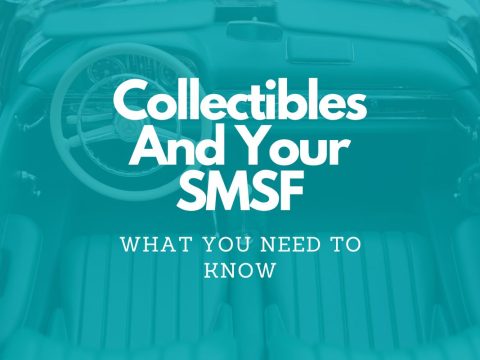News wrap-up: taxing trusts as companies; new tax rules from July 1
 New rules in force from 1 July 2017
New rules in force from 1 July 2017
- From 1 July 2017, there has been an effective reduction in the top marginal rate of tax for those with taxable incomes over $180,000, from 49% to 47%, with the removal of the 2% Temporary Budget Repair Levy.
- The 27.5% tax rate for companies carrying on small businesses is now available to companies within groups with an annual turnover of less than $25M. Eligible companies are those conducting an active trading business (i.e. not investment companies). This turnover threshold has been increased from the $10M limit applicable for the 2017 financial year. Note: access to the small business capital gains tax concessions is still limited to a $2M turnover threshold where applicable. The tax rate remains at 30% for other companies. The maximum franking credits that can be attached to dividends for companies carrying on small businesses is only 27.5%.
- Small businesses with a group turnover of less than $10M continue to have access to the concessional tax depreciation rules, including immediate deductions for eligible assets costing less than $20K up to 30 June 2018.
- Superannuation concessional contribution caps (maximum annual deductible amounts) have been reduced to $25,000 for all taxpayers regardless of age. This cap will be indexed periodically going forward.
- The 10% assessable income test has been abolished from 1 July 2017. This means that employees no longer need to have salary sacrifice arrangements in place to make additional deductible superannuation contributions in excess of their 9.5% compulsory employer super contributions. From 1 July, employees can make personal tax deductible super contributions at any time they like during the financial year. The $25,000 cap on deductible contributions still applies however, so the total of both personal and employer deductible contributions is limited to $25,000 for each financial year. The work test will continue to apply to require those over 65 to work at least 40 hours in a 3- day period during the financial year to be eligible to make personal super contributions. Finally, if you are aged 75 years or older, you cannot make personal super contributions.
Please contact us if you have any questions in relation to the above changes and how they may affect you.
Labor proposal to tax trusts as companies
Opposition leader Bill Shorten recently announced plans to tax distributions from family trusts at 30%.
 As usual, the argument of ‘fairness’ has been put forward to justify the proposal to restrict the splitting of business and investment income to beneficiaries with a low tax rate. Leaving aside the question of fairness, there are many potential issues in relation to this proposal, which have not yet been addressed by Labor, including the following:
As usual, the argument of ‘fairness’ has been put forward to justify the proposal to restrict the splitting of business and investment income to beneficiaries with a low tax rate. Leaving aside the question of fairness, there are many potential issues in relation to this proposal, which have not yet been addressed by Labor, including the following:
- The fact that income splitting of business and investment income is currently possible not only using trusts but also using companies with different classes of shares with distinct rights to dividends;
- Under the dividend imputation system, if a trust was to pay tax at 30%, then the franking credit would be expected to be passed on to the beneficiaries receiving the distribution. If their personal overall tax rate was less than 30%, under the imputation rules, they would be entitled to a refund of tax credits. As a result, their effective tax rate would be no different to that applicable if they had received a trust distribution under the current rules.
In summary, it is difficult to see how the proposal will achieve its desired objective of an increased tax burden on family trust beneficiaries without significant changes to the dividend imputation rules. Perhaps the devil will be in the detail if this proposal is ever passed into law.




